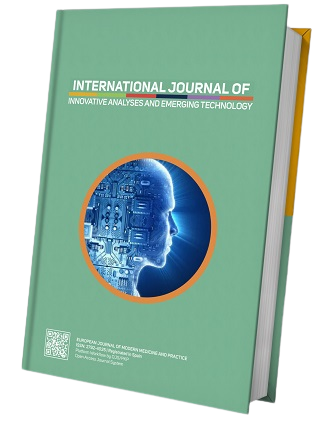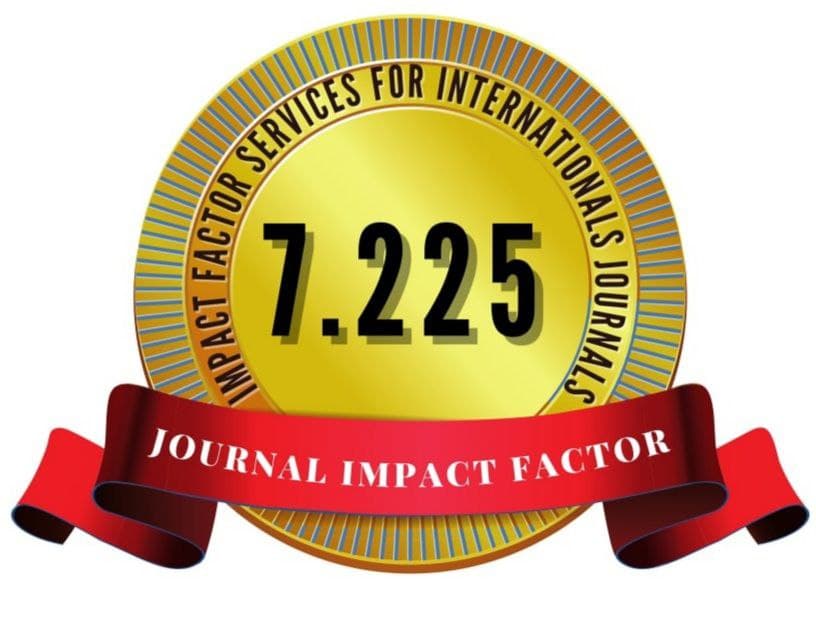Practical Intelligence in Emerging Childhood: Implications for Quantitative Reasoning during Childhood Education in the Cultural Context of Fako Division
Keywords:
Mokpe culture, practical intelligence, Mokpe Child, quantitative reasoning, quantitative skillsAbstract
This study set out to examine how child upbringing in the cultural context of development of Fako Division of Cameroon conceptualize quantitative reasoning as a form of practical intelligence and how this is important for the survival of children raised in this context. The main research question posited for the study was: Does the culture of the Fako people value behaviours indicative of quantitative reasoning for the emerging practical intelligence of the Child? Specific questions were also raised on the importance of measuring items, sharing and The theoretical framework for this study was the Vygotsky’s theory on cultural constructivism. The survey research design was employed for this study with a triangulated approach. The purposive sampling method was used for collection of data. The multiple response set (MRS) adopted in the processing and analyzing of data that came in through the interview and questionnaires. Interviews involved 30 children, while a questionnaire was administered to 210 participants. The findings revealed that the people of Fako attach importance to behaviours indicative of quantitative reasoning behaviours and skills. The study found that behaviours indicative of quantitative reasoning include measuring, sharing, farming, fishing, cooking, respect, wrestling and running errands. Recommendations made include, a multiple based approach, indigenizing child psychology, integration of indigenous knowledge and formal education, introduction of age-appropriate chores into the curriculum, training of personnel and involvement of stakeholders in educational planning for children’s education.






